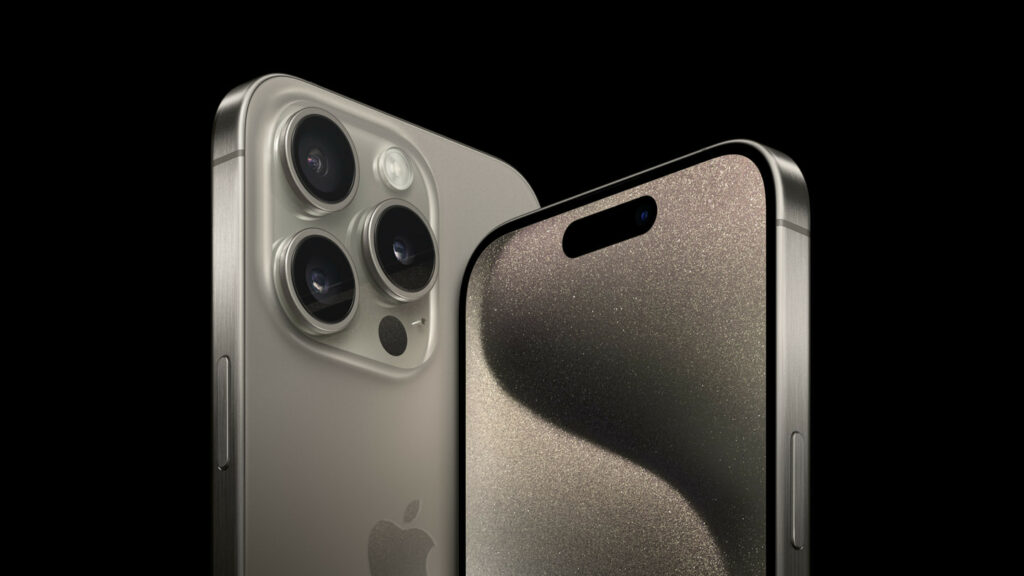Apple Admits iPhone 15 Overheating Issue, Blames Third Party Activity
Apple has acknowledged the overheating issues plaguing its latest flagship smartphone, the iPhone 15, and has pledged to rectify the issue through a forthcoming firmware update. In an official statement, Apple attributed the overheating problem to two key factors: increased background activity in some third-party applications and a bug within the iOS 17 operating system. The company did not provide specifics regarding the nature of these issues, but did confirm that the iPhone 15 has been running “warmer than expected.”

Numerous users have reported instances of overheating, particularly while using the device in conjunction with charging via the new USB-C cable connection. The heightened background activity during the initial days of use, often driven by the installation of preferred apps and the transfer of data such as photos, videos, and music playlists from previous devices, places additional strain on the iPhone, forcing it to work harder to ensure a swift transition without disrupting the user experience.
Apple’s statement also shed light on another contributing factor: recent updates to third-party apps that have been overloading the iPhone’s A17 Pro processor and other components, following software updates designed to leverage the enhanced performance of the iPhone 15. Notably, Apple mentioned its ongoing collaboration with app developers to deploy fixes aimed at resolving this issue.

Apps like Instagram, which have undergone recent updates to take advantage of the iPhone 15’s increased capabilities, were specifically identified as culprits in overloading the device’s processing system. Apple noted that Meta, the parent company of Instagram, has made efforts to reduce power consumption and lower processor temperatures.
Furthermore, Apple admitted the presence of a bug within iOS 17, described as “impacting some users.” The company assured its users that this issue would be addressed in an upcoming update, with a focus on optimizing power management while preserving the iPhone 15’s acclaimed performance, especially in resource-intensive applications such as gaming and video recording.
Although the imminent iOS 17.1 update is expected to alleviate the overheating problem from a software perspective, concerns persist about the device feeling warm to the touch. Apple emphasized that the titanium and aluminum exoskeleton, exclusive to the higher-end iPhone 15 Pro and Pro Max models, is engineered to rapidly dissipate excess heat.
However, this advanced technology is not incorporated into the base models, including the iPhone 15 and 15 Plus, both of which have experienced overheating issues. Consequently, uncertainty surrounds whether the forthcoming software fix will comprehensively resolve the problem or if Apple will need to continue troubleshooting.
Currently, iOS 17.1 is undergoing beta testing to evaluate the efficacy of the temperature-reduction changes. As of now, Apple has not announced a specific release date for the update. Encouragingly, not all users have reported experiencing the overheating problem, suggesting that it may be a temporary concern for those affected.
Apple remains steadfast in its commitment to delivering a top-tier user experience. Acknowledging the iPhone 15’s overheating issue is a significant step toward addressing customer apprehensions and providing a timely resolution.




